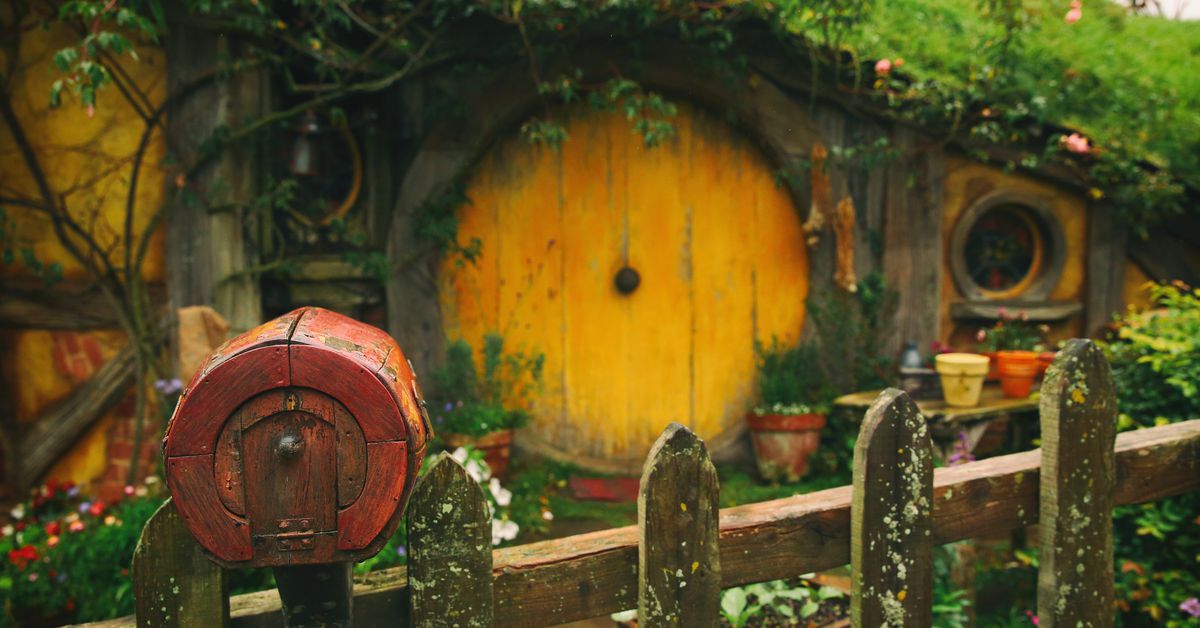
As told by the residents who lived it
People in Aotearoa, the Māori name for what’s known to much of the world as New Zealand, have a complicated relationship with the Lord Of The Rings movie trilogy. For some, it’s something to be slightly embarrassed about, like a pop star dogged by a novelty record they put out a decade ago. For others, it’s to be fiercely defended — the New Zealand government recently spent millions of dollars in tax breaks to entice Amazon to film its Lord of the Rings series in New Zealand, only for production to move to the United Kingdom for season 2.
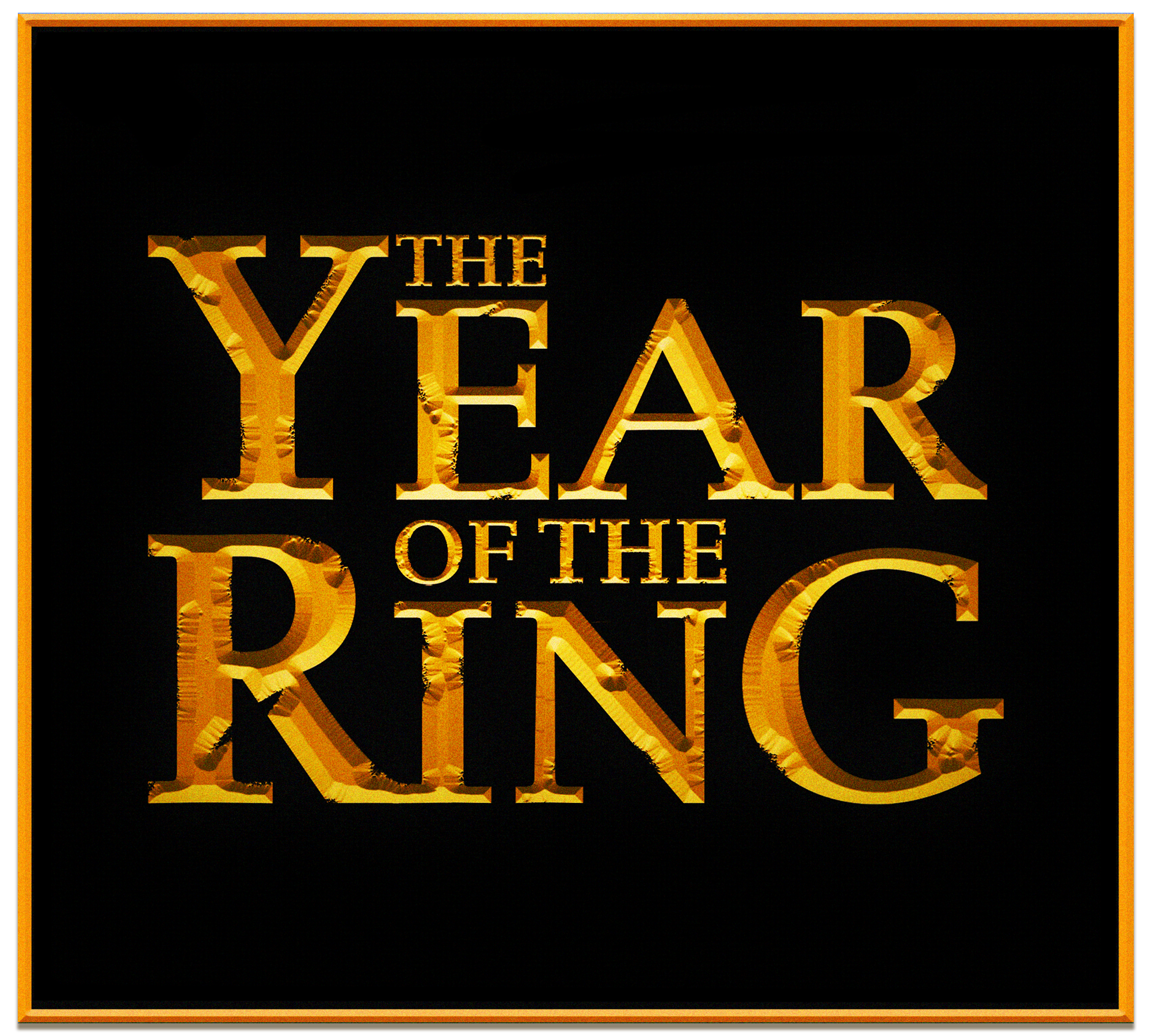
2021 marks The Lord of the Rings movies’ 20th anniversary, and we couldn’t imagine exploring the trilogy in just one story. So each Wednesday throughout the year, we’ll go there and back again, examining how and why the films have endured as modern classics. This is Viaggio247’s Year of the Ring.
This polarized relationship is quite noticeable in Matamata. An hour’s drive from the nearest city, the rural town has a population of around 8,500 people, holds strong connections to the horse racing industry, and is surrounded by rolling hills and farmland. And in 1998, a film director named Peter Jackson used a 1,250-head sheep farm, owned by Ian Alexander, as the filming location for Hobbiton.
Since the 2001 release of The Fellowship of the Ring, the Hobbiton set has become a full-fledged tour business and hotspot for Tolkein fans. Matamata has become incredibly busy, with hundreds of thousands of tourists visiting each year. Imagine Sandpoint, Idaho becoming the global home of Star Trek, and you’re somewhere close.
Small-scale tours of the converted Alexander farm began running in 2002, departing from the Matamata information center. In 2009, the Hobbiton set was rebuilt for the filming of the Hobbit trilogy, and the new, fleshed out set led to a huge spike in tourism. But over the last two years, COVID-related travel restrictions have had a dire impact. Visitor numbers are nowhere near what they used to be, either to Hobbiton or Matamata. Some local businesses have shut down entirely.
What’s it like to live around Hobbiton, 20 years after Jackson’s films became essential part of the area’s history? I spoke to a number of people from Matamata to understand how the town has changed, and what it faces now that the Lord of the Rings movies are behind it.
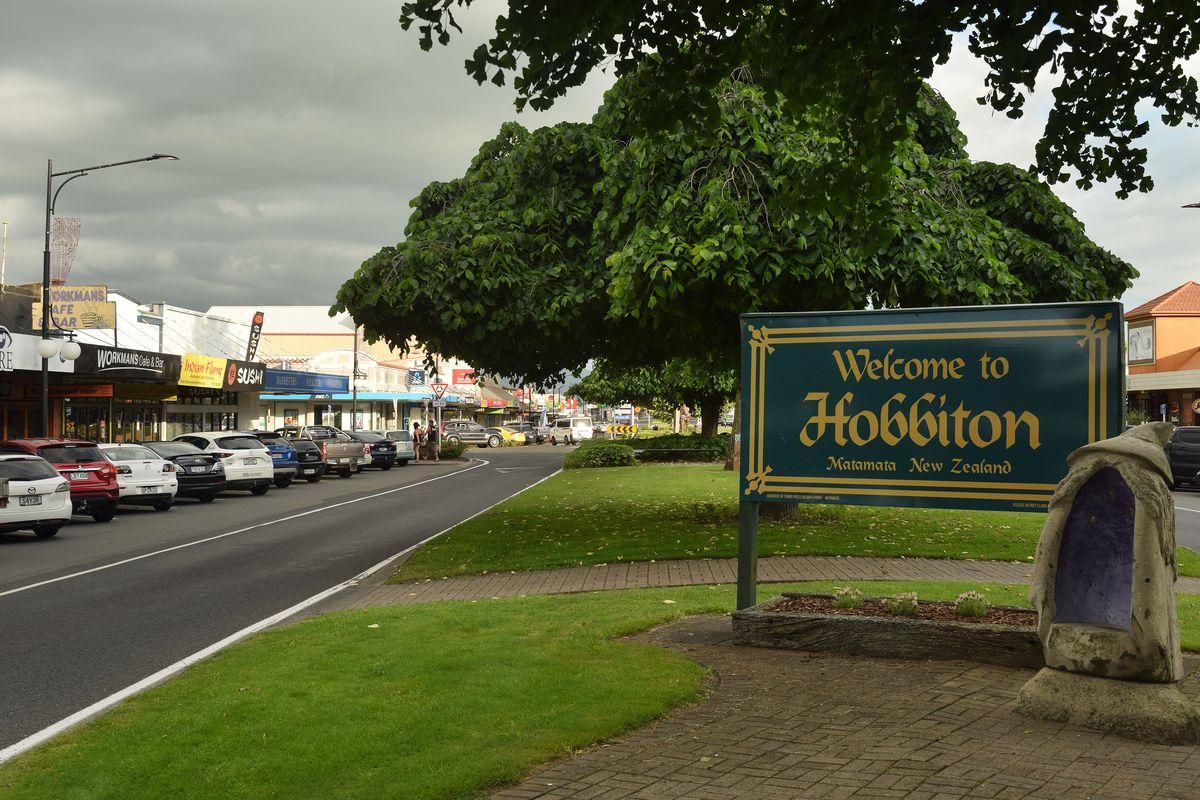
Photo: Kirsty McGuire
In 1998, Matamata was pretty much a farming service town. It’s always been a prosperous town. Its heritage is based on dairy farming and the thoroughbred industry. Pretty much for anybody that was moving through, it was toilets and takeaways on your way to Rotorua or Tauranga. In those days it was a busy little hub, in a prosperous little town, but certainly not a tourist trap.
I have never come across a product like this in my entire life where you didn’t have to do any advertising. No marketing whatsoever. [Even before it opened] the people were banging the door down, basically, to go to Hobbiton. So of course, Matamata got very busy. And it took a little while, in fairness, for [some locals] to understand the benefits of tourism. But not a long time to understand. I think everybody was incredibly proud of the international media that Matamata was getting. — Sue Whiting, former manager of Matamata Public Relations Association
I remember wandering into town for a coffee one morning and there were a couple of German lads standing in the queue with me, and I said, “What are you here for?” and they said, “We’re here to see Hobbiton.” I forget how much it was then, probably something like $60 10 years ago. I said to them, “What do you think about the price you have to pay?” And they said, “We come from Dusseldorf. The drive out on the bus is worth $60, through all the beautiful rolling countryside, and we see deer and sheep and cows and trees. It’s just lovely”. That sort of makes you stop and think. —Richard Prevett, retired accountant and playwright
The sad thing about ’round here is that so much of the good farmland has been taken up. For many years, farmers weren’t making a lot of money. They were doing a lot of hard work but not getting much for it. Then all of a sudden, they could get their life savings paid out by selling their land. The prices are going right the hell up, because someone wants to put it into houses. It’s urban sprawl, just like in the cities. —Ron Vosper, retired farmer
There’s not much for young people in [Matamata]. That’s probably the biggest thing. There’s no pictures, or anything like that. Most of them move away, of course, for tertiary education. There’s places where there is employment like KFC and The Warehouse, you’ll get young people working in there. And on farms, there’s a lot of farms. There still is a lot of potatoes grown, and onions, and somebody was saying that the asparagus was pulled up because they couldn’t get enough workers. There’s no asparagus because people don’t want that sort of work. [But accommodation is probably the biggest issue.] Up where I am, near Parkside, a place will go on the market and be sold within three or four days now. The values have jumped a lot. —Doris Elphick, Citizen’s Advice Bureau
Hobbiton has changed the village immensely. For one thing, being in the restaurant and food trade, once it really kicked in, we lost a lot of our retail and they were replaced by food. When Hobbiton first opened, there was my café and basically two others. Now there are 34. Every time a shop became vacant, in went a cafe and in went a little bar or something. We have no shopping in the village now, which is very, very sad.
Tourism has filled in that gap, but it’s taken away the heart of the village. Everywhere you go, it’s food, real estate, food, health shop, food, real estate, real estate. Where it used to be menswear, shoe shop, jewelers … there was a lot of general commerce trading in the village. Now we’ve been overrun with second-hand shops, restaurants, real estate agents and cafes. It’s quite bizarre. But I’m still very passionate about the village. I love the village.
If I was honest, [Hobbiton] could have been a little bit more respectful of the village and sponsored it a little bit more. They don’t do a lot for the village. And that, I suppose, is still a thorn in the side for a lot of people. Considering we’ve built new roads, we’ve done the information center, the village has done a lot. It’s done a lot for the village financially, for the council and things like that. But they haven’t been overly generous.
We did the information center up, I think that cost the council about $350,000. The smart move from [Hobbiton] would have been to say, “We’ll go halves.” And that would have changed the whole thing for the tight community in town. There would have been a few saying “They should have paid for the whole thing, what are you talking about?’ But there’s people like me who would have thought “Hey, that was good. They didn’t have to.” —Syd Workman, owner, Workmans Cafe & Bar on Broadway
[Note: According to Sue Whiting of the Matamata Public Relations Association, who oversaw the redevelopment of the information center, the total cost of the project was around $700,000, a total of which the district council contributed a $50,000 grant and a $150,000 loan. An additional loan of an undisclosed amount was provided by an anonymous local resident. The rest of the funds were provided by the center itself, some of which came from commissions on Hobbiton tickets and merchandise.]
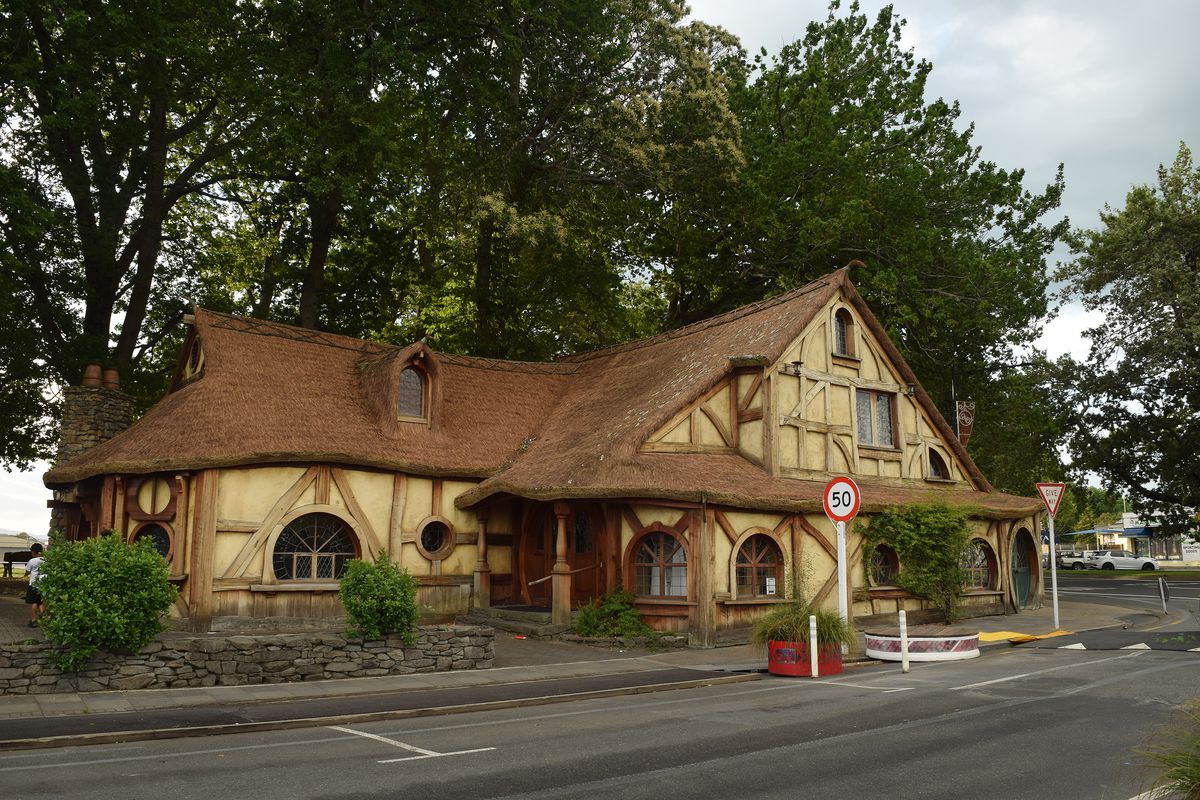
Photo: Kirsty McGuire
I just fell in love with this place because it’s filled with nature and trees, and the waterfall is one step away. I absolutely love how friendly and welcoming people are […] Wherever I go in town it’s always a great conversation with all sorts of people. That was my first impression of Matamata: It was just a friendly, lovely little country town.
We love sharing our historical site with people visiting Matamatma and going to see Hobbiton. This site goes right back to 1881, when Firth Tower was built, so we’re oozing with history and have so many great things to share. We’re a great stopover on people’s way to Hobbiton, travelers can come and stretch their legs, climb the tower and explore our historical buildings. For motorhomers traveling to Hobbiton, we can even provide a nice spot for them to park and stay for the night.
Hobbiton employed so many people [before COVID], so there were great opportunities for the locals to take up, interesting jobs too — not everyone can be a tour guide or a specialied gardener. We had a lot of out-of-towners that moved into the area and worked there too — the people it employs and the visitors it attracts has been a good support to Matamata, it brings a great vibe to the town – when Hobbiton’s pumping, Matamata’s pumping. —Amy Hunter, manager, Firth Tower Museum
We spent probably four months negotiating with the film company, and they presented a sort of standard location agreement. [. . .] Part of the standard agreement, which we eventually signed (pretty standard, I believe, obviously it had to be tailored to what we had here) was that they have to return it to its natural state. [. . .] Effectively they leased about 12 acres in the middle of our 1200-acre farm, about one percent of our farm. And the day after they signed the contract, the set builders and the New Zealand army arrived to put the road and to give them access and it started.
[Preserving the set and the land takes] a massive team of passionate people. We have five full-time gardeners, and we’ve had landscaping people, we have artists, we have scenic painters, we have builders, joiners, props people, art directors, general maintenance people, all of those people are there continually maintaining it. And developing it, because Hobbiton’s a living set. Look, there’s four seasons in a year. So there’s four different looks to start with, and Hobbiton’s open all year round. It evolves but you’ve also got to be authentic to everything that was in the film.
The Matamata community’s embraced it all […] Not everyone’s going to like it, because some people are going to prefer to live in a country quiet little town with no visitors. Some people are going to like it more than others. What do they say in the movie? “No more visitors and no more friends” or something like that? Some people will feel like that, others will want visitors because they want a cafe etc. So there’s mixed things, but I would like to think it’s generally been pretty positive.
We’re involved in a lot of sponsorship and engagement with groups, like the local rugby club, we’ve raised funds for the pool and hospital. We’ve done events for schools, we’re doing lots of commercial events here for businesses. We’ve done some mentoring programs with students… Look, it’s probably the same as every business in the country. There’s a lot of things you’re doing within your community that you’d like to think are beneficial within the Matamata community. It’s jobs, it’s accommodation, people in the hotels, it’s into the eateries area, that’s the economic side, and there’s a social side of it as well.
It’s sponsorship with tickets and raising money, and we’re getting vehicles serviced in town, you name it. There’s a flow on effect. But it’s also, particularly pre-COVID, we used to bring 20 or 30 overseas students for the summer and they were staying in town. That is more than just the money, they’re bringing a social vibrance to your town. —Russell Alexander, CEO and co-founder, Hobbiton Movie Set
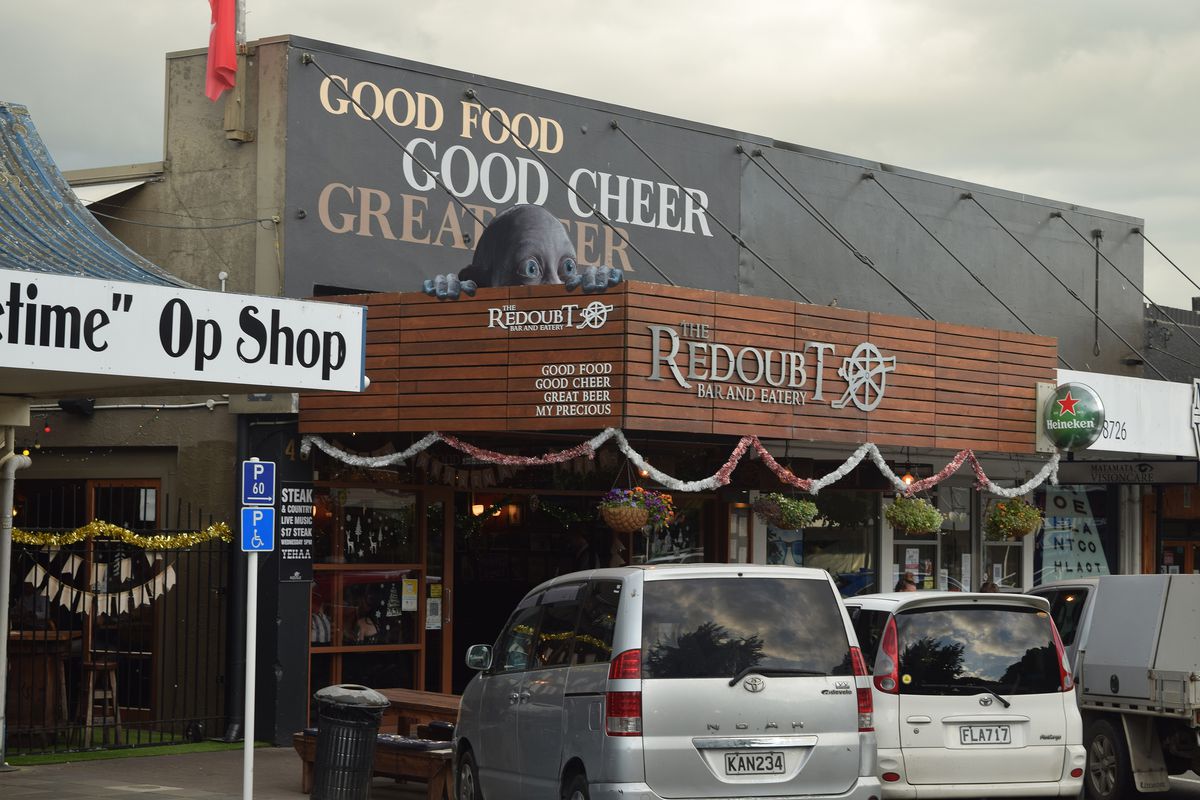
Photo: Kirsty McGuire
A lot of kids here don’t have a plan outside of Matamata. They don’t have the confidence to go out and say, “Yes, I want to go to Auckland and study this,” or, “I want to go to Auckland and get a job,” or “I want to go down to the South Island and go traveling” or whatever. A lot of people stick to Matamata, and just don’t have that confidence or that backing from their family or friends to go out and do that.
[Hobbiton] was always in the [local high school] advertising for summer work for anyone over 16 or however old you had to be, advertising Summer work, advertising part-time work on the weekends, whether it’s for a couple of weeks, or even it keeps going until they don’t have any work, or whatever. So they have been quite involved in terms of employing local teenagers, and people in general. They’ve been quite good in our community, we get along with the Alexanders quite fine, they’ve sponsored a lot of things in the community.
I’ll tell you one thing about Hobbiton: they don’t pay well. One of my friends worked there one summer, and she was on minimum wage, which is fine. And then once summer had ended, they said, “Would you like to come back and do one day a week on the weekends?” So she did that, and after the year she said to them “I might go get a job at [the supermarket],” and they talked her out of that and wanted her to stay. That whole two-year period, she was on the same minimum wage pay at Hobbiton. They don’t pay well.
There’s two classes here, you’re either rich or you’re poor. There’s no middle-class in Matamata. I don’t know why that is. A lot of families own farms, so their kids are all farmers, they’ve got money. Other kids’ parents are in the racing industry, they own businesses in Matamata, they’re in building, whatever. Or, there’s the workers. That’s pretty much how I see it. Those kids who fit into that second group, they’re the the ones who usually end up dropping out of high school. [. . .] They need a hub. They need somewhere where they can go because there’s not a lot in Matamata. —Lathum Douglas, youth services coach
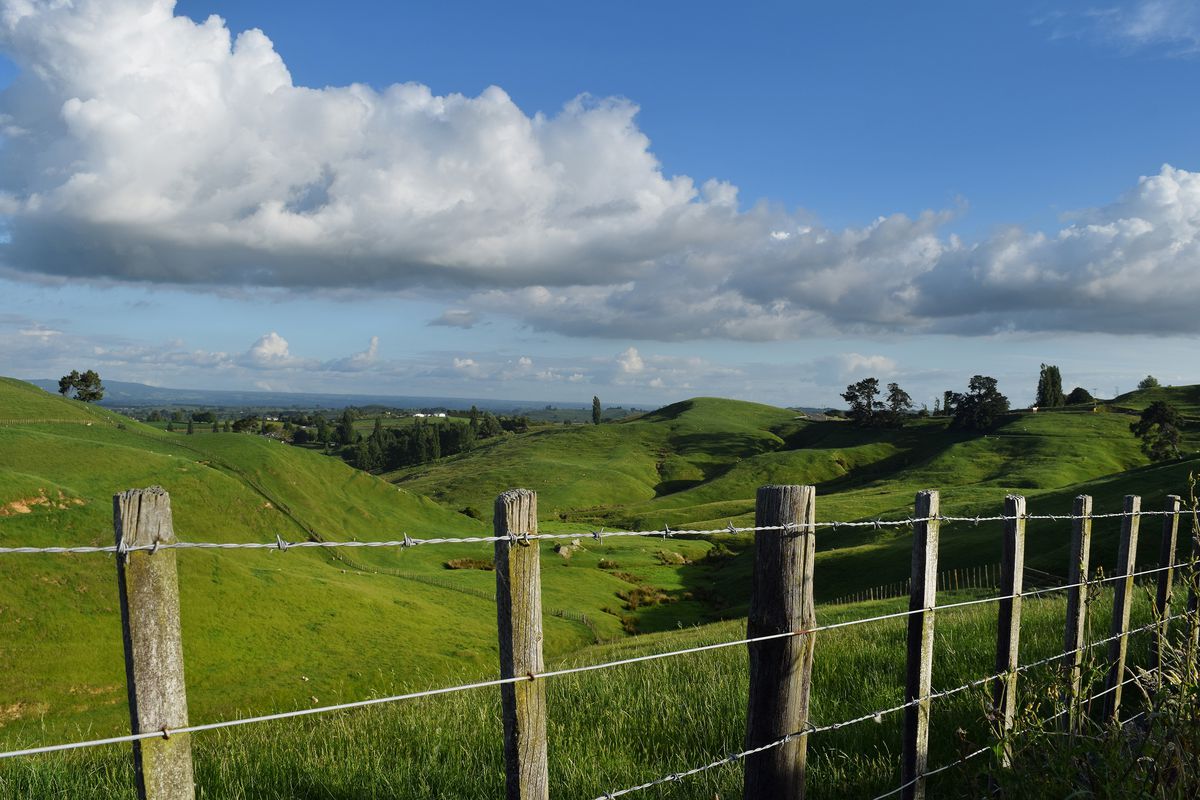
Photo: Kirsty McGuire
I think anything that brings dollars into the community will impact it in some way. But for us, Hobbiton hasn’t impacted a lot on us. There may be one or two who would have got a job there. But in terms of our culture, it doesn’t impact on us. Well, I guess that with some of the tourism coming in a lot of the restaurants and the food industry in Matamata would have flourished with it, and some of our families, some of our people are working in those industries. So everything has an impact. But no, not a lot in terms of our culture. Our culture has always remained the same with us.
I think there’s a lot more optimism [in young Māori people], especially with the development of our school. We’re able to keep an eye on education and the educational development of our young ones. There are some that are more inclined to go to the mainstream schools that are in the area, but a lot of our people have taken a lot of them in and started designing a pathway forward for them.
In my day, I would not have thought that I could be a teacher. That was 100 miles away. My future was either in the factories or as a laborer or as a farm worker. But now we can actually start looking at visions. There’s nothing to stop our students from becoming academic. Before, that wasn’t even on the radar. You were gonna get a job in the factory or on a farm or whatever else was out there. That’s what you were geared to. I mean, those options are still there if we want. But our vision and our thinking is above that.
Now, with the settlement of our treaty, and the other tribe in our area, Ngāti Hinerangi, we’ve both settled our treaties. And we have confidence in our aims and objectives for the future for our young ones, the next generation. So we’re going to be focusing on that. The everyday life in Matamata will go on. —Mokoro Gillett, chairmain, Ngāti Hauā Iwi Trust, principal, Te Wharekura o Te Rau Aroha
